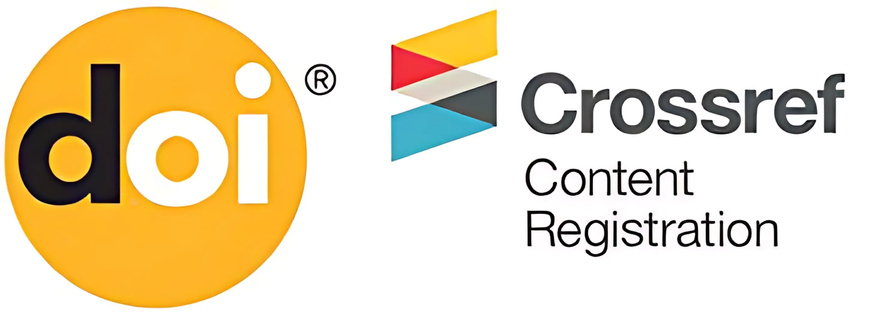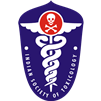Vol.05 Issue No.02 (2009): Journal of Indian Society of Toxicology
Of Active and Passive Executive and Editorial Board Members
When we finalized the nominations to the Executive Committee of the Indian Society of Toxicology and the Editorial Board of the Journal of the Indian Society of Toxicology for the period 2008–2010, we had explicitly stated to the new incumbents that some substantial work to promote the cause of the Society and its journal was expected of them during their two-year tenure. All agreed emphatically and in unison. When one year went by without much by way of effort from most of the new members, a polite reminder was mailed to all of them of the assurances made on assuming office. Alas, except for a few members, most neither responded, nor displayed any overt indication of doing something good for the Society by way of inducting new members, soliciting donations, procuring advertisements for the journal, etc. Many did not even get the journal subscribed by the very institutions they were working in! A more blatant case of apathy and indifference would be hard to come by.
In this desert of disinterest however, I am happy to state there were some oases of responsibility and sincerity. Among those who put in some effort to boost the image of the Society, or raise some much needed revenue, two names stand out in the year 2009 (up until the end of October). One is a young toxicologist from the prestigious Aligarh Muslim University, Dr Yasir Hasan Siddique, who organized an excellent seminar (TOXEMINAR-1) in February; he will be awarded the very first Fellowship of the Indian Society of Toxicology at the 5th National Annual Conference of the Society (TOXOCON-5), and the other is Dr Andre V. Fernandes, a sincere editorial board member of our journal from Goa Medical College, who painstakingly raised Rs. 16,400/- from various sources and donated it to the Editor’s account. The Society places on record its deep appreciation to both members for doing their bit to elevate the status of IST and its journal, and hopes that the other slumbering members would also wake up and contribute their mite (however small it may be) in the remaining part of their tenure.
In future, we will be making suitable modifications to the memorandum of agreement to be signed by executive and editorial board members (starting with the new committees to be constituted in March 2010) in order to make them more accountable. After all, a major Society like ours (with nearly 250 members on its rolls) cannot continue to sustain itself, and maintain the quality that has been its hallmark, with the efforts of only a few members, while the others bask in reflected glory. So far, The Indian Society of Toxicology (IST) and its journal (JIST) have acquitted themselves well, in spite of the lack of involvement displayed by many members; but its continued success will depend on a significant change in mindset of the majority of the members.
Having said that, it must be admitted that most of our members have conducted themselves exceedingly well in other areas, a pointer to which is the fact that there has so far been a remarkable absence of politics and ego clashes among ourselves, which are the bane of many other professional societies in India.
Three cheers to that!



